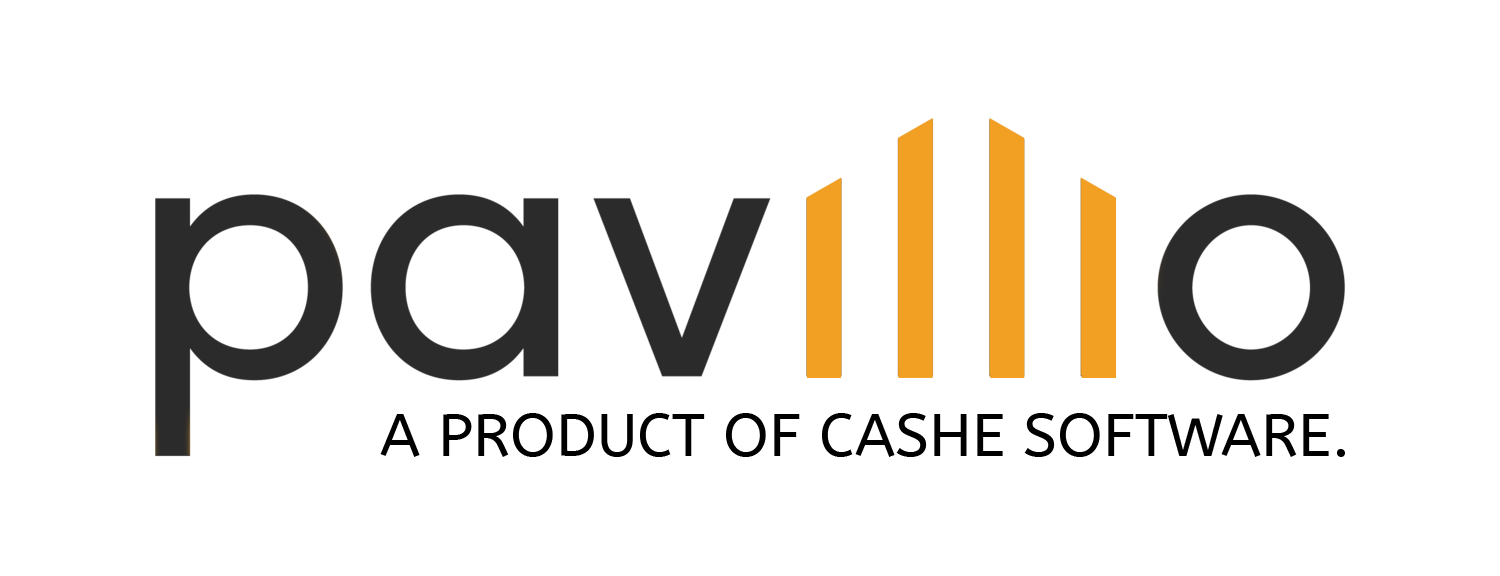In the rapidly evolving care landscape for home care agencies and community-based services agencies, Electronic Visit Verification (EVV) has emerged as a crucial element of organizational success: EVV compliance and efficiency. As the healthcare industry undergoes digital transformation, understanding how to prepare for EVV and meet EVV compliance becomes imperative for home care and home health agencies. In this blog post, we’ll delve into what EVV is, how EVV can help improve home care agency operations and efficiencies, and how you can prepare for it to optimize your agency for continued and future success.
Understanding EVV & EVV Compliance
Electronic Visit Verification, or EVV, is a digital system designed to record and track when caregivers or home care providers begin and end their visits with clients. Its primary objective is to ensure the accuracy and transparency of in-home care services, especially in the context of Medicaid-reimbursed home health services.
EVV systems typically collect data through mobile devices or landlines and transmit it to a central database. The data includes caregiver and patient identification, location and time of visit, and the type of services rendered. This technology helps prevent fraud, reduce billing errors, and improve patient care by ensuring that caregivers are where they need to be, when they need to be there.
How EVV Can Actually Help Improve Home Care Agency Operations
While mentions of EVV and EVV compliance can spark fears and uncertainty, we have also seen it spark conversations and a renewed team effort dedicated to improving operational efficiency and digital transformation. Agencies can no longer effectively track time, process payroll, manage Service Agreements, Plan of Care documents, etc in paper and multiple spreadsheets. They need a single source of truth with digital documentation coupled with easy and intuitive workflows.
Here are the benefits of embracing the change as part of a digital transformation to improve efficiencies:
- Regulatory Requirements: Many states in the United States have mandated EVV compliance for Medicaid-reimbursed home health services, including EVV in Minnesota and EVV in Illinois. Failing to comply with these regulations can result in financial penalties or even exclusion from Medicaid programs.
- Accuracy and Transparency: EVV systems enhance accountability by providing accurate records of service delivery. This benefits both patients and providers, as it minimizes billing disputes and ensures patients receive the care they are entitled to.
- Fraud Prevention: EVV can help deter fraudulent activities, such as billing for services that were never provided. This safeguards Medicaid funds and maintains the integrity of the home healthcare system.
- Improved Care: By tracking caregiver visits, EVV ensures that patients receive the care they require according to their care plans. This promotes better health outcomes and overall patient satisfaction.
Preparing for the Future of EVV & EVV Compliance
Now that we’ve established the significance of EVV and EVV compliance in home health services, here’s how you can prepare for it effectively:
- Research State Regulations: Start by familiarizing yourself with your state’s EVV requirements. Regulations can vary, so it’s essential to know the specific mandates in your area.
- Select the Right EVV System: Choose an EVV software that suits your agency’s needs and budget. Ensure it is compliant with state regulations and integrates seamlessly with your existing processes. Pavillio by Cashé Software has a proven track record of working with home care agencies to prepare for EVV for several years. It fully integrates with state-backed aggregators for EVV peace of mind. Check out this blog post for more: The Top 7 Questions to Ask When Choosing a Home Care Software.
- Training and Education: Invest in training programs for your caregivers and staff. They should be well-versed in using the EVV system and understand its importance for compliance. Make sure your selected platform has clear and easily accessible training and on-going Support materials.
- Testing and Implementation: Before full-scale implementation, run tests and pilot programs to identify and rectify any potential issues. This will help smooth the transition to EVV compliance.
- Documentation: Keep meticulous records of EVV data and patient care. Having accurate documentation is essential for compliance and billing purposes.
- Stay Informed: EVV regulations may change over time. Stay informed about updates and adapt your procedures accordingly to maintain compliance.
- Communication with Patients: Keep patients and their families informed about the EVV system and its benefits. Address any concerns they may have regarding privacy or data security.
What’s Next for EVV
Electronic Visit Verification (EVV) compliance is more than just a regulatory requirement; it’s a fundamental tool for improving the quality of home care services. By understanding the importance of EVV and taking proactive steps to prepare for it, home health agencies can ensure compliance, minimize risks, and ultimately provide better care for their clients. Stay informed, choose the right EVV system, and invest in training and testing to navigate the future of home care services successfully. In doing so, you’ll not only meet regulatory requirements but also enhance the overall efficiency and effectiveness of your agency’s operations.
We’re always happy to help during your journey. If you have questions or would like to see Pavillio in action, please reach out at [email protected] to set up a time to connect.
Have more questions? Check out our most recent webinar here on how Pavillio can help your home care agency be more efficient and drive better results.
